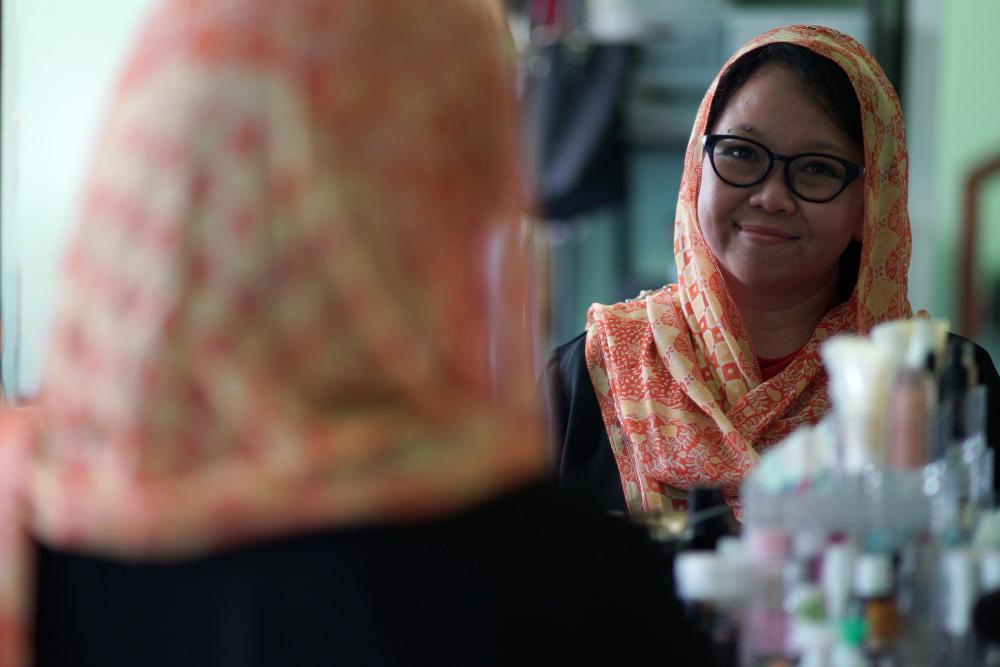 “I do not think it is a problem if more people wear the jilbab. But when it becomes mandatory, that’s when there’s a problem.”
--Alissa Wahid, Muslim activist and coordinator of the Gusdurian Network, Yogyakarta
© 2021 Human Rights Watch
“I do not think it is a problem if more people wear the jilbab. But when it becomes mandatory, that’s when there’s a problem.”
--Alissa Wahid, Muslim activist and coordinator of the Gusdurian Network, Yogyakarta
© 2021 Human Rights Watch
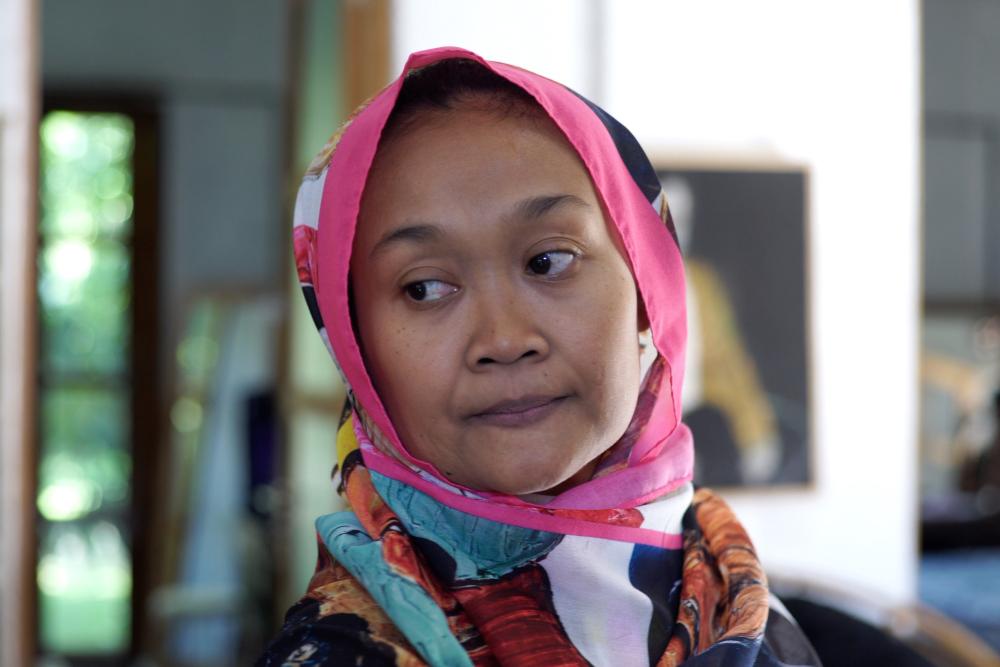 “I have to follow the mandatory jilbab rule in my workplace. My colleagues would pressure me, or threaten me, hoping to get me fired [if I didn’t wear it]…Wearing a jilbab became a necessary tool to provide for my child.”
--Dewi Candraningrum, Academic and painter, Boyolali
© 2021 Human Rights Watch
“I have to follow the mandatory jilbab rule in my workplace. My colleagues would pressure me, or threaten me, hoping to get me fired [if I didn’t wear it]…Wearing a jilbab became a necessary tool to provide for my child.”
--Dewi Candraningrum, Academic and painter, Boyolali
© 2021 Human Rights Watch
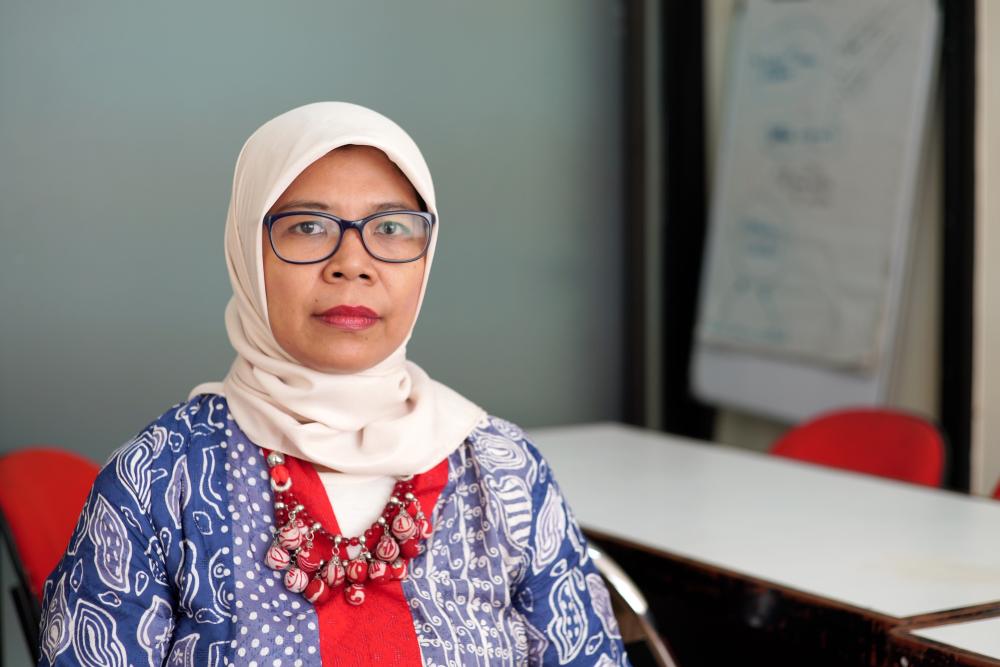 “We found that women were extraordinarily impacted [by local mandatory jilbab rules]. And some even said that their promotion was postponed [if they refused to wear it]. There are also women who are not served in, for example, government offices because they are considered not wearing appropriate clothes as the regional regulations apply.”
--Khariroh Ali, former commissionaire, National Commission on Violence against Women, Jakarta
© 2021 Human Rights Watch
“We found that women were extraordinarily impacted [by local mandatory jilbab rules]. And some even said that their promotion was postponed [if they refused to wear it]. There are also women who are not served in, for example, government offices because they are considered not wearing appropriate clothes as the regional regulations apply.”
--Khariroh Ali, former commissionaire, National Commission on Violence against Women, Jakarta
© 2021 Human Rights Watch
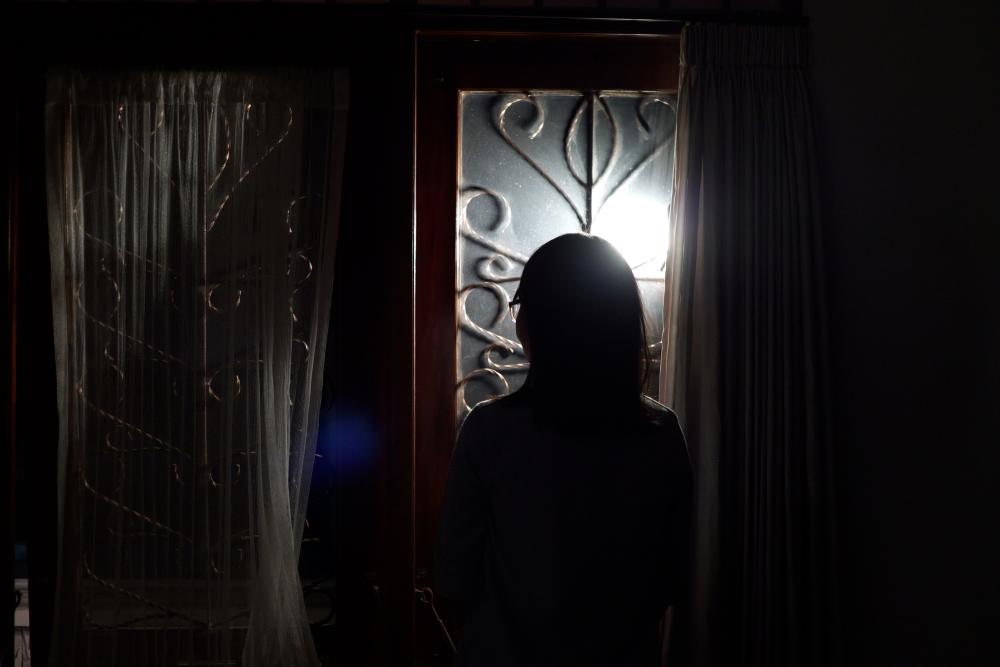 “I’m Catholic, and since I was in the 6th grade of elementary school [in West Sumatra], I was forced to wear the jilbab. My parents consulted the Catholic priest who headed our small congregation. He said it is against our Catholic faith but we’re helpless.”
--“Daisy,” a civil servant in Klaten, Central Java
© 2021 Human Rights Watch
“I’m Catholic, and since I was in the 6th grade of elementary school [in West Sumatra], I was forced to wear the jilbab. My parents consulted the Catholic priest who headed our small congregation. He said it is against our Catholic faith but we’re helpless.”
--“Daisy,” a civil servant in Klaten, Central Java
© 2021 Human Rights Watch
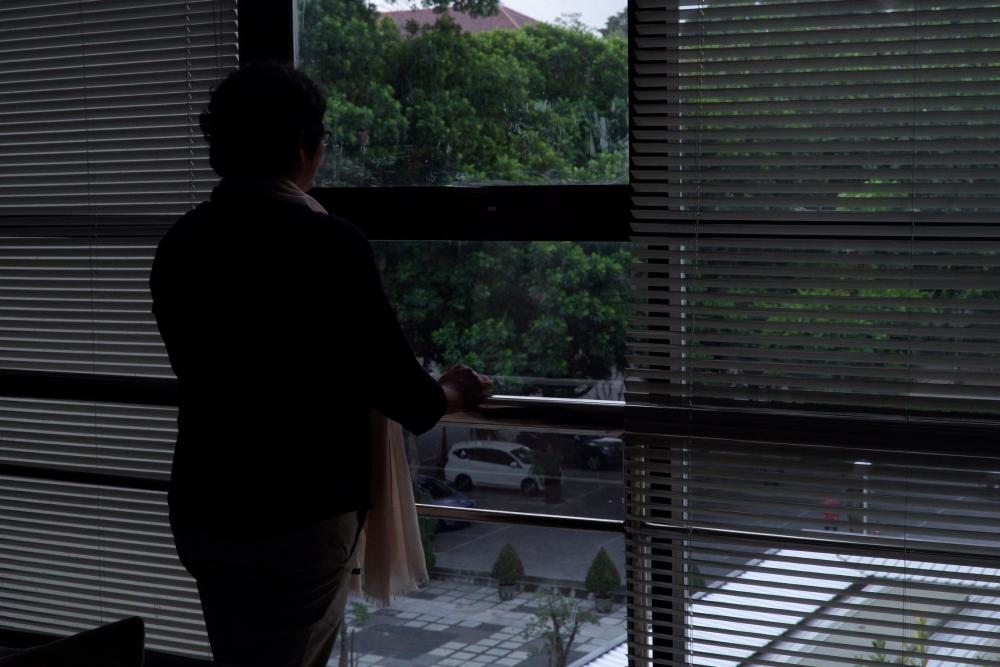 “Analisa’s” daughter was routinely pressured to wear the jilbab at a public high school in Yogyakarta by the principal, an Islamic religion teacher, and other students. “Analisa” reported the school to the National Ombudsman’s Office. Despite the National Ombudsman’s request to stop forcing Muslim students to wear the jilbabs, the school has continued the practice.
© 2021 Human Rights Watch
“Analisa’s” daughter was routinely pressured to wear the jilbab at a public high school in Yogyakarta by the principal, an Islamic religion teacher, and other students. “Analisa” reported the school to the National Ombudsman’s Office. Despite the National Ombudsman’s request to stop forcing Muslim students to wear the jilbabs, the school has continued the practice.
© 2021 Human Rights Watch
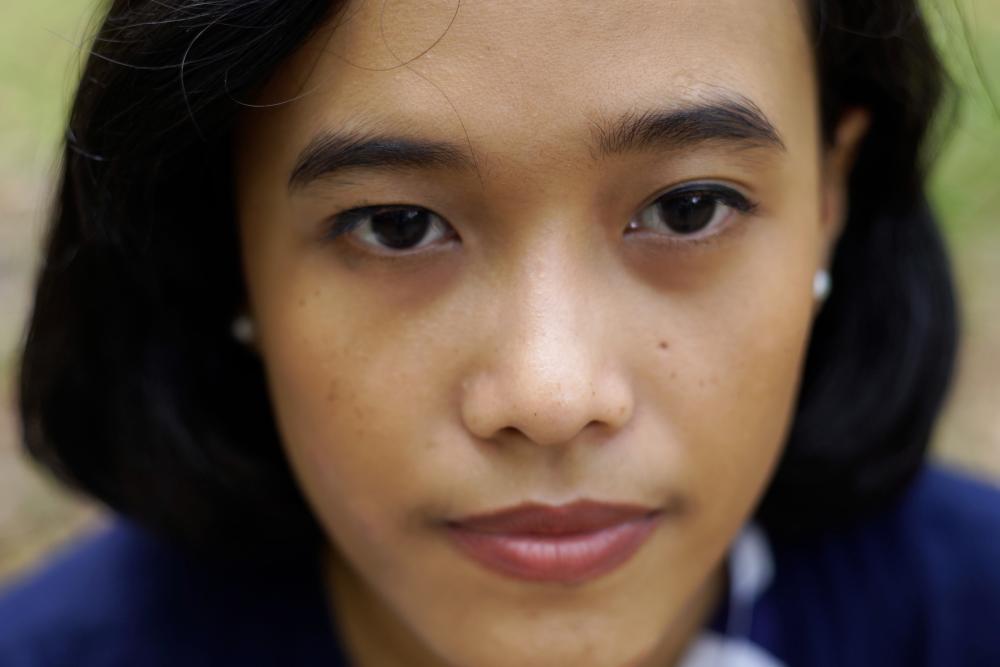 “There was a systematic movement [in my high school] which instills subtle messages like, ‘Come on, showing your aurat makes you sin every day.’”
--Saila Rezcan, a government worker in Jakarta on her bullying experience in high school
© 2021 Human Rights Watch
“There was a systematic movement [in my high school] which instills subtle messages like, ‘Come on, showing your aurat makes you sin every day.’”
--Saila Rezcan, a government worker in Jakarta on her bullying experience in high school
© 2021 Human Rights Watch
Asia
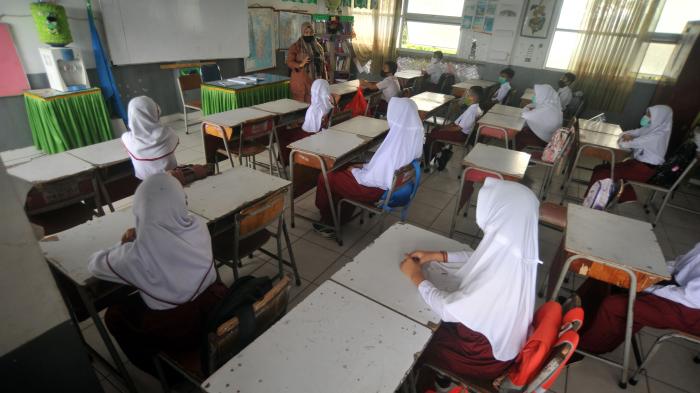
Asia
